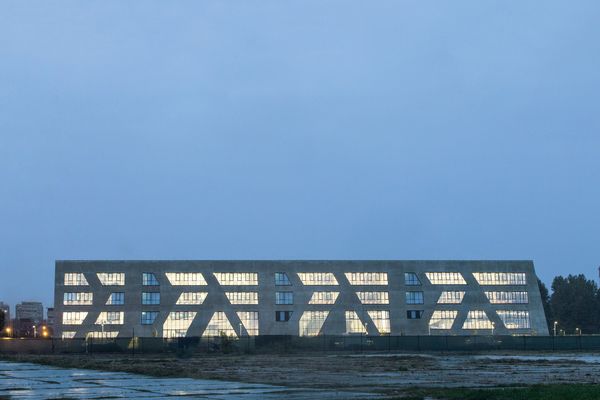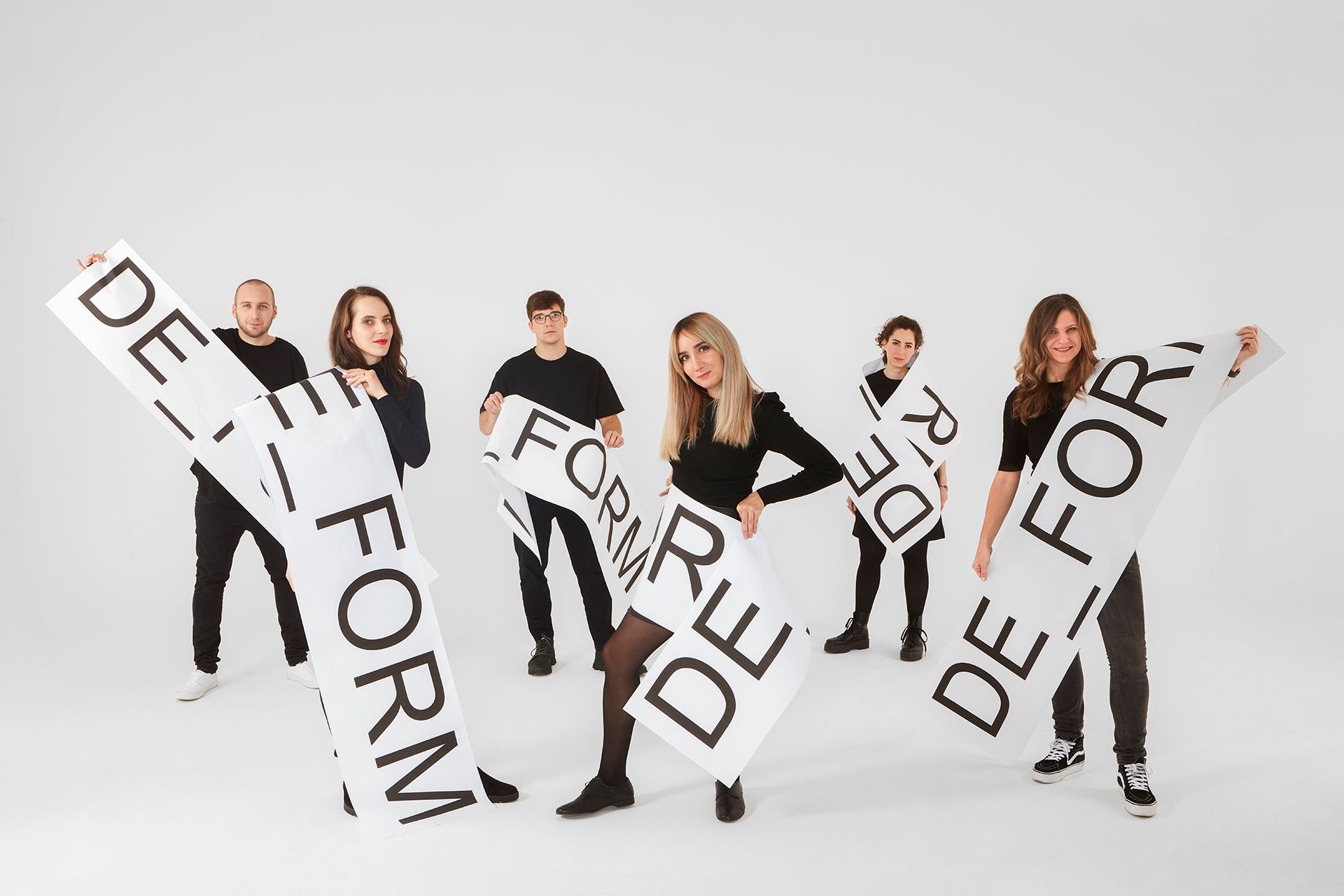Launched in 2015, de_form studio has been a central figure of the Hungarian graphic design scene for years: after their successes in Hungary, now they are turning towards the international market. In previous years, they have worked for WIRED magazine in California, and they have also designed the city identity of Pannonhalma. Now Nóra Demeczky and Enikő Déri’s dynamite duo has expanded with new members and it seems in their case the coronavirus acted as a catalyst of some sort: they are more committed than ever. We interviewed the founders of the design studio now known as DE_FORM.
A few weeks ago those following the events around DE_FORM could come across several novelties. You relocated your headquarters from Buda to the Pest side, and new members joined your team – until now, it was just the two of you. Could you tell us a bit about the novelties and what happened to you?
Enikő: We have worked together on countless projects in the past years, we never really stopped. It feels good to have such a diverse, exciting period behind us. We had plans and ideas about the future, but mainly due to a lack of time we didn’t really talk about the future directions of our cooperation. We love our duo and the symbiosis that has formed between us very much, but we have been dreaming about leveling up for a long time, perhaps even about continuing in a different setup, and looking for new challenges. Massive changes took place in both of our lives during the summer and it is for this reason that we started to implement these plans further afield with extreme speed. Not “sometime”, not “next year”, not “in five years”, “now”.
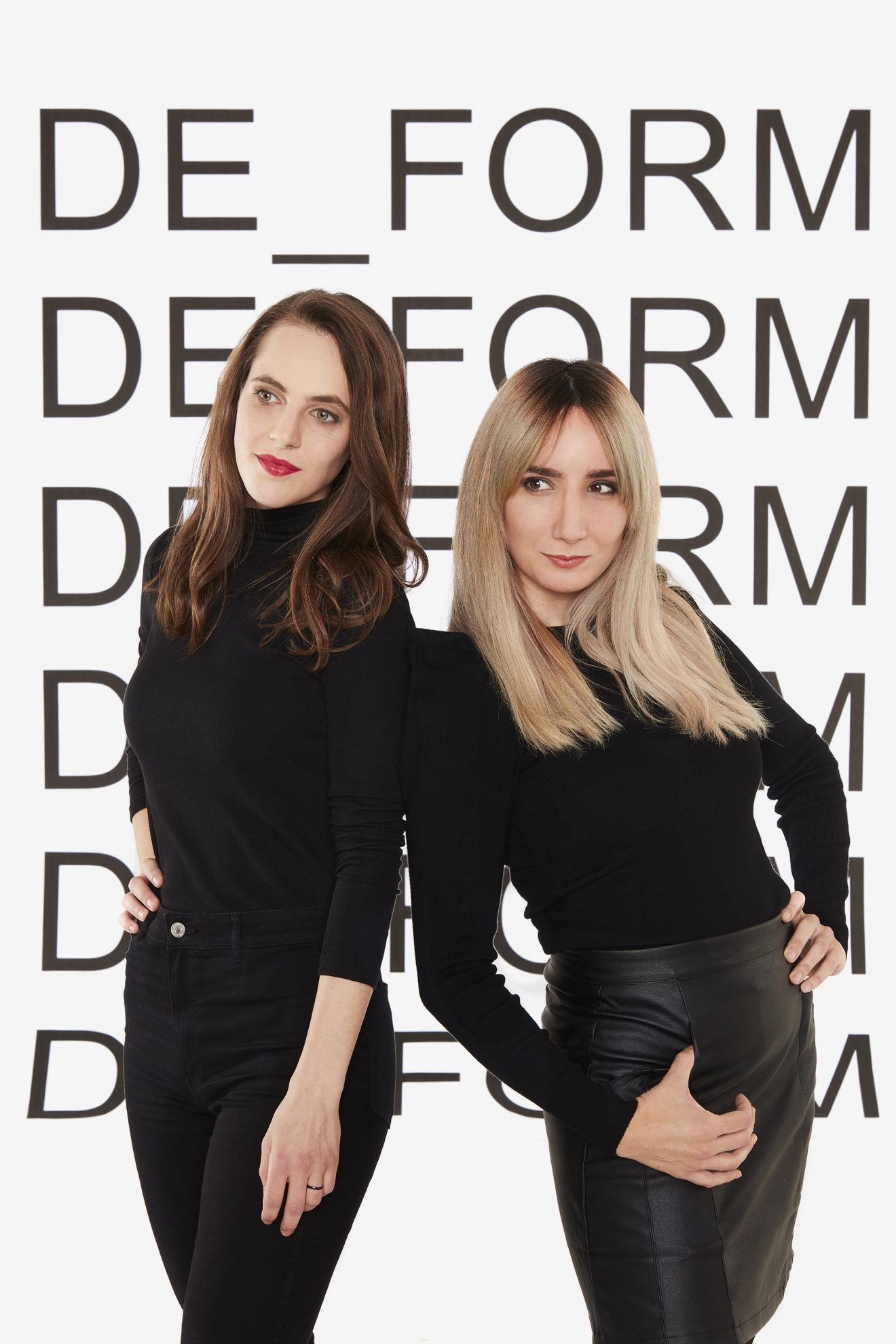
Nóra: Both of us felt that we maxed out many segments of the graphic design profession in ourselves and since we could gain sufficient experience in implementing more complex projects, we would like to rather continue our activity in the role of creative director or art director, and perhaps attract larger projects of international scale, too. This does not mean that we would not stand behind smaller projects that are close to our hearts. We have always believed in the power of collaboration, and we also gathered people around us that we feel can represent our mentality and facilitate the achievement of our new goals under our coordination. The new setup also creates room for implementing our own projects that we didn’t have a chance for so far, or that couldn’t manifest properly up until now. This year, for example, our calendar implemented with Europapier and Mondi will be available for everyone, in a printed form.
What was DE_FORM until now and what will it be from now on?
Enikő: De_form will be DE_FORM from now on. This tiny visual reference illustrates it vividly in itself what changes have taken place and are taking place in our studio. In the following we would like to operate as a design agency not in the classic sense, which can cover various fields of design on an international level and on a broader spectrum, beyond graphic design. In the past, we used to be the last segment in many projects, which often meant that we had to work from completed installations, architectural plans, photo materials and campaign copies. Many times there was no dialogue between the designers, and the concepts were designed independently from each other, often not even at the same time. We would like for this process to happen at the same time, for us to be able to resolve a lot of issues under our own framework, and we’ll create a creative database based on which we can find and collaborate with the best experts in the case of any problems.
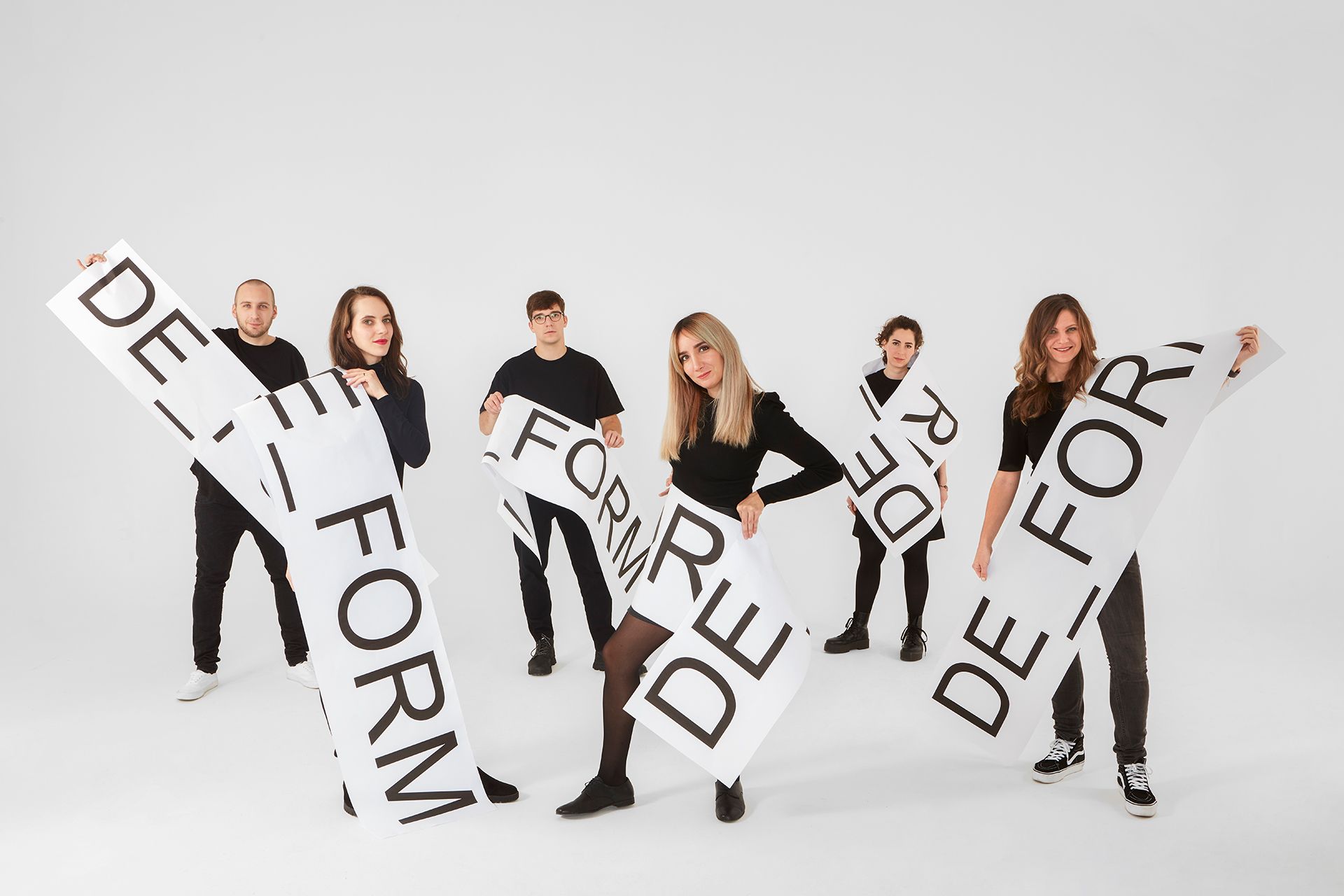
Nóra: Another goal of ours is to continue the community building we started in 2014: this was when we established the creative workshop under the name Szív17 where we wanted to organize as many events, exhibitions and workshops as possible. After some initial successful attempts, we couldn’t place any emphasis on this field whatsoever, but we feel that in this new setup we could continue what we started here. We would like to take an active part in the organization of Hungarian professional events, screenings and talks, as well as in creating workshops and after school programs. Then the coronavirus came and we had to cancel these plans, but we are very committed and we would like to start planning these community building projects slowly but steadily, too.
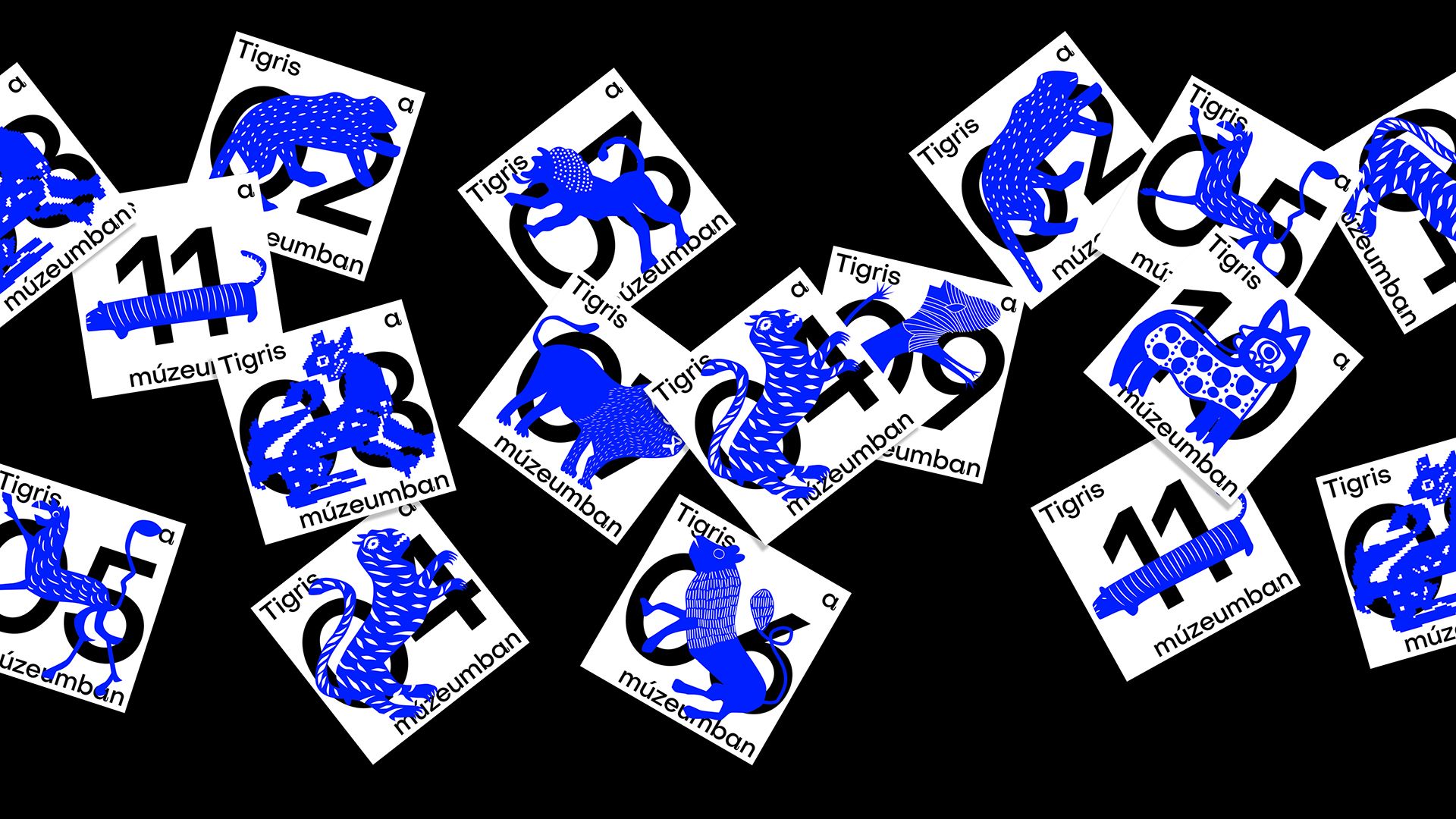
How do you see the quality of Hungarian graphic design, and what do you think about the Hungarian graphic design community?
Nóra: We consider it our important mission to support the Hungarian designer community. We feel that there aren’t too many independent grassroots events in the profession, yet the designer and graphic designer community has a palpable need for it. There are countless talented designers here, in Hungary, but the gap between the professional standards of the West and those of Hungary can still be felt. We think community and network building are still in early phases in the Hungarian creative industry as well as in the creative industry in Budapest. There are only a few internationally recognized Hungarian creative agencies and studios, we should break into the international market more with this quality intellectual capital. Of course we love it that in addition to working with each other in the Hungarian competition scene, a group of professionals-friends has also formed over the years where we are proud of each other’s success, and we can support each other in development.
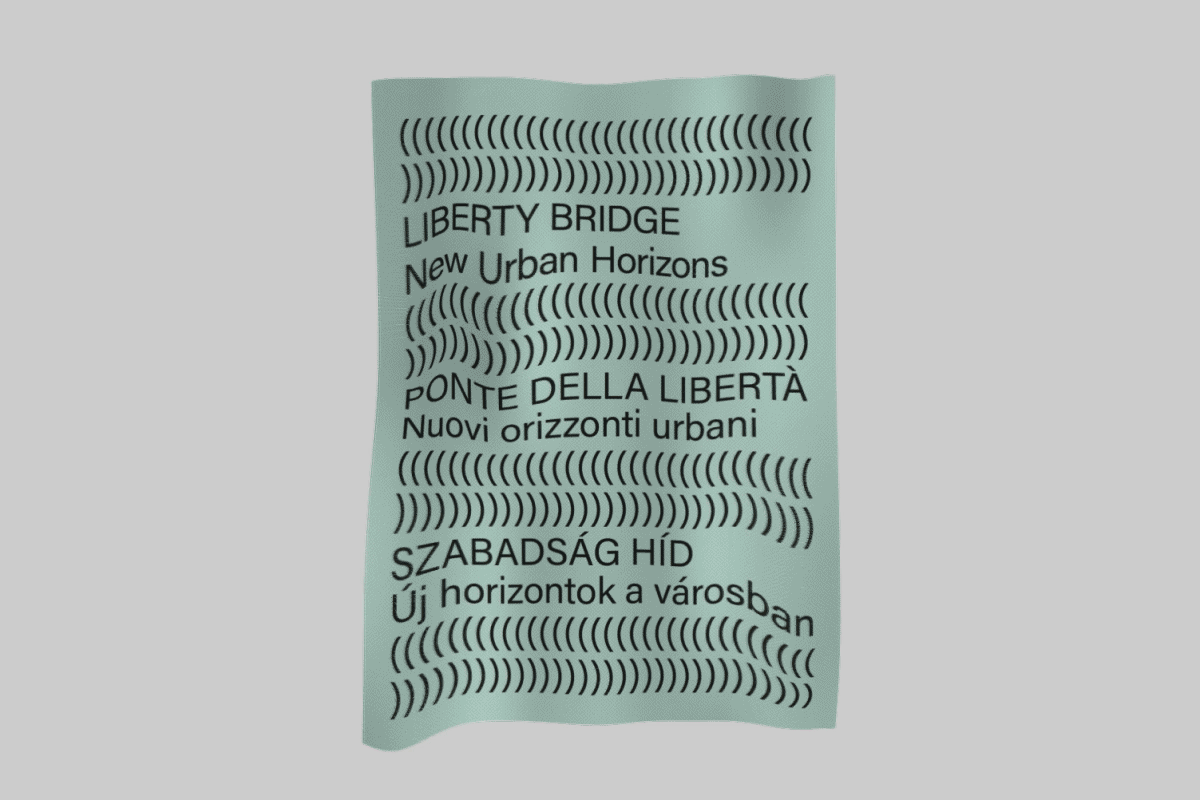
Even though you have very different personalities, we can still feel a strong harmony between the two of you. I understand that you are inseparable in work, and perhaps also in your private lives. What do you think might be the secret for this?
Nóra: We have very different personalities indeed, but we have just as much in common, and so we always had a kind of healthy balance between us. One of the most important things is to have common goals. We think similarly in many cases, but our thoughts meet from completely different angles. But it is perhaps the mutual respect we have for each could that is the cornerstone of our stable and long-term cooperation and friendship.
Enikő: It’s a little bit like a well-functioning marriage: we are together in good times and in bad times. You are committed to the other, you move forward along your common goals, and sometimes one thinks differently than the other, but this is what gives you a balance at the end. It’s important to make decisions together, to listen to each other and help each other.
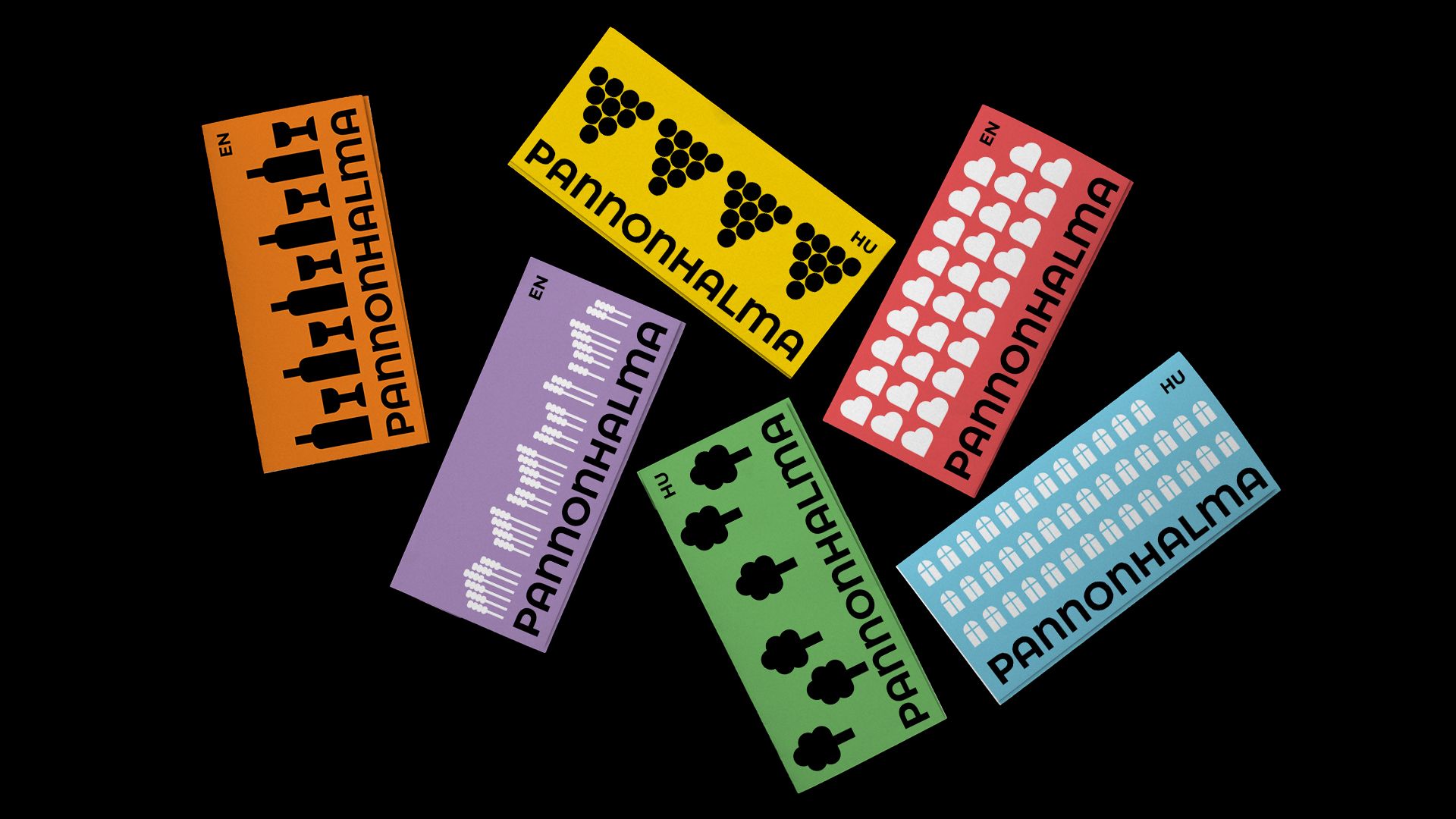
If you had to define what DE_FORM is or what it is like in three words, what would you say?
Nóra and Enikő: Solution-centered, committed, intuitive.
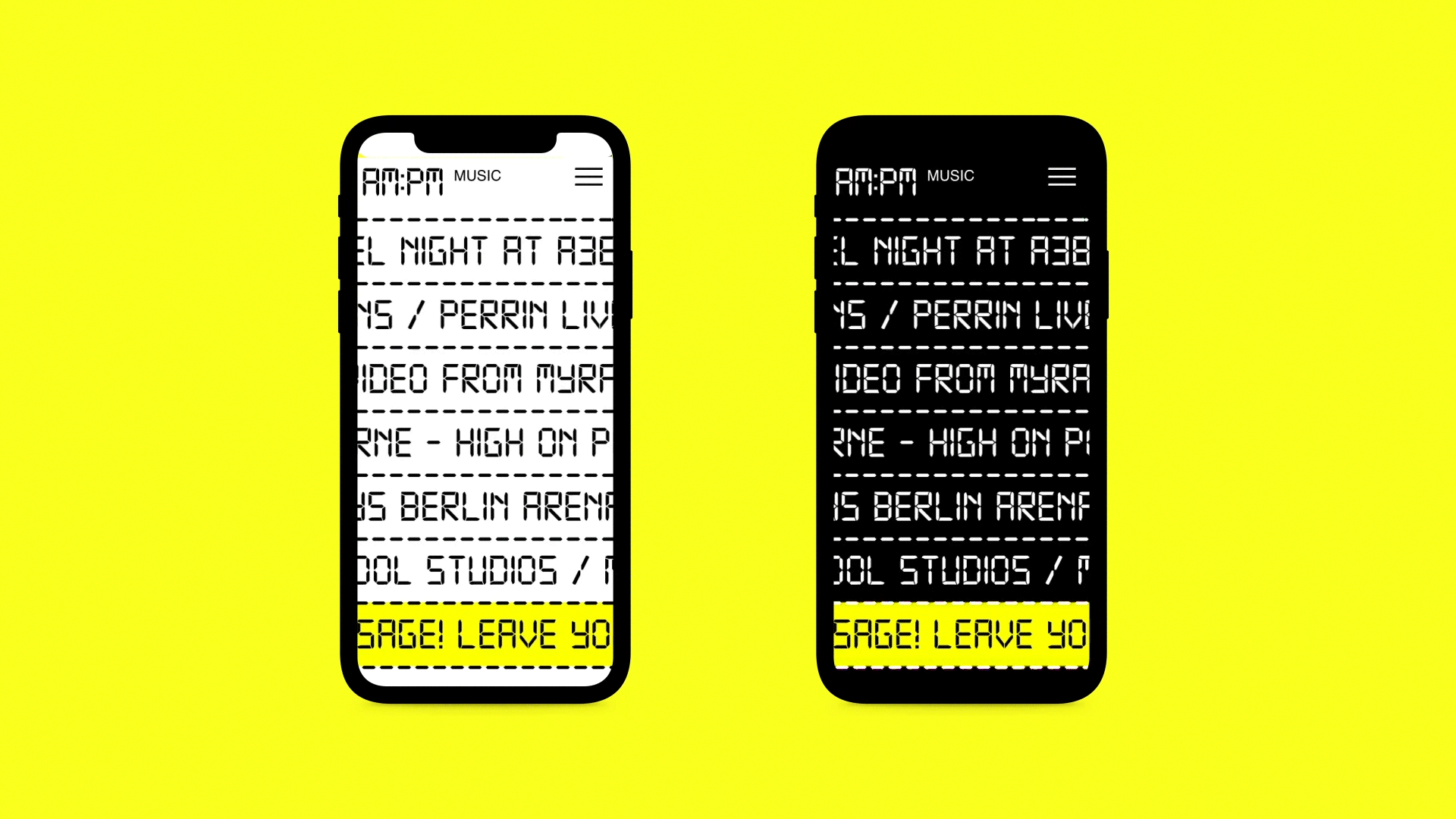
“What expectations do you have for the future?” – this is what we asked you in the spring, during the first wave of the coronavirus epidemic. You answered: “It can be felt that people have slowed down a bit, maybe everyone starts to look at themselves, their circumstances, their lives from a different angle and maybe this will also influence their future way of life and our personal and designer mentality, too.” Would you have ever thought that DE_FORM’s story would take such a big turn?
Nóra: Honestly, no. We were surprised too that we were able to make the decision of changing our model in 2020. We perceive the kind of slowing down we felt in the spring as a freefall at the moment: everything changes continuously, we must take decisions and replan quickly. This is a global phenomenon, everything is very fluid right now, we can’t plan ahead, and for us as conscious designers, who like to fix everything ahead, adjusting to the continuously changing situations flexibly poses a major challenge. At the same time, we have always liked challenges and so we’ll do the best we can in the current situation, too.
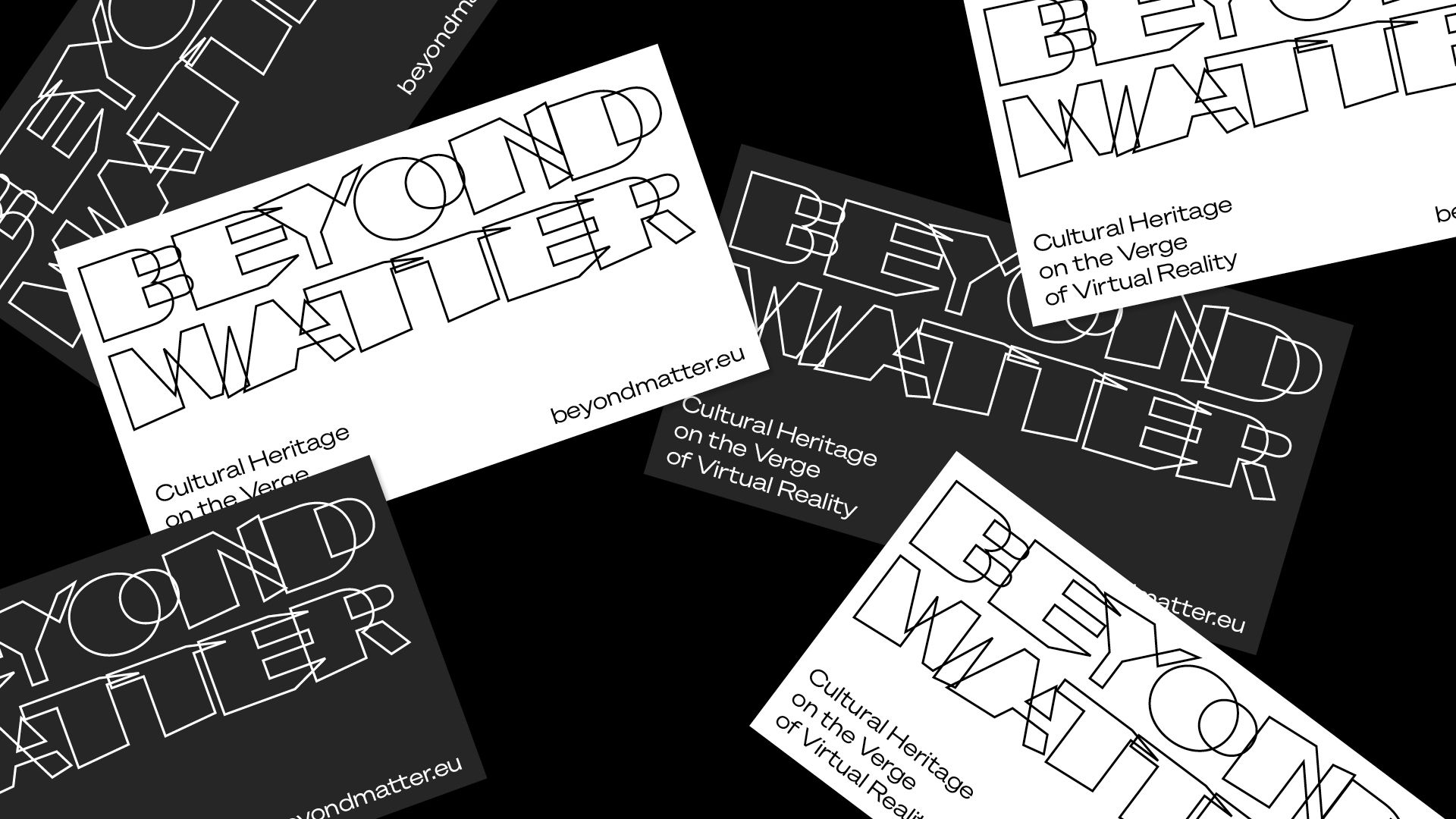
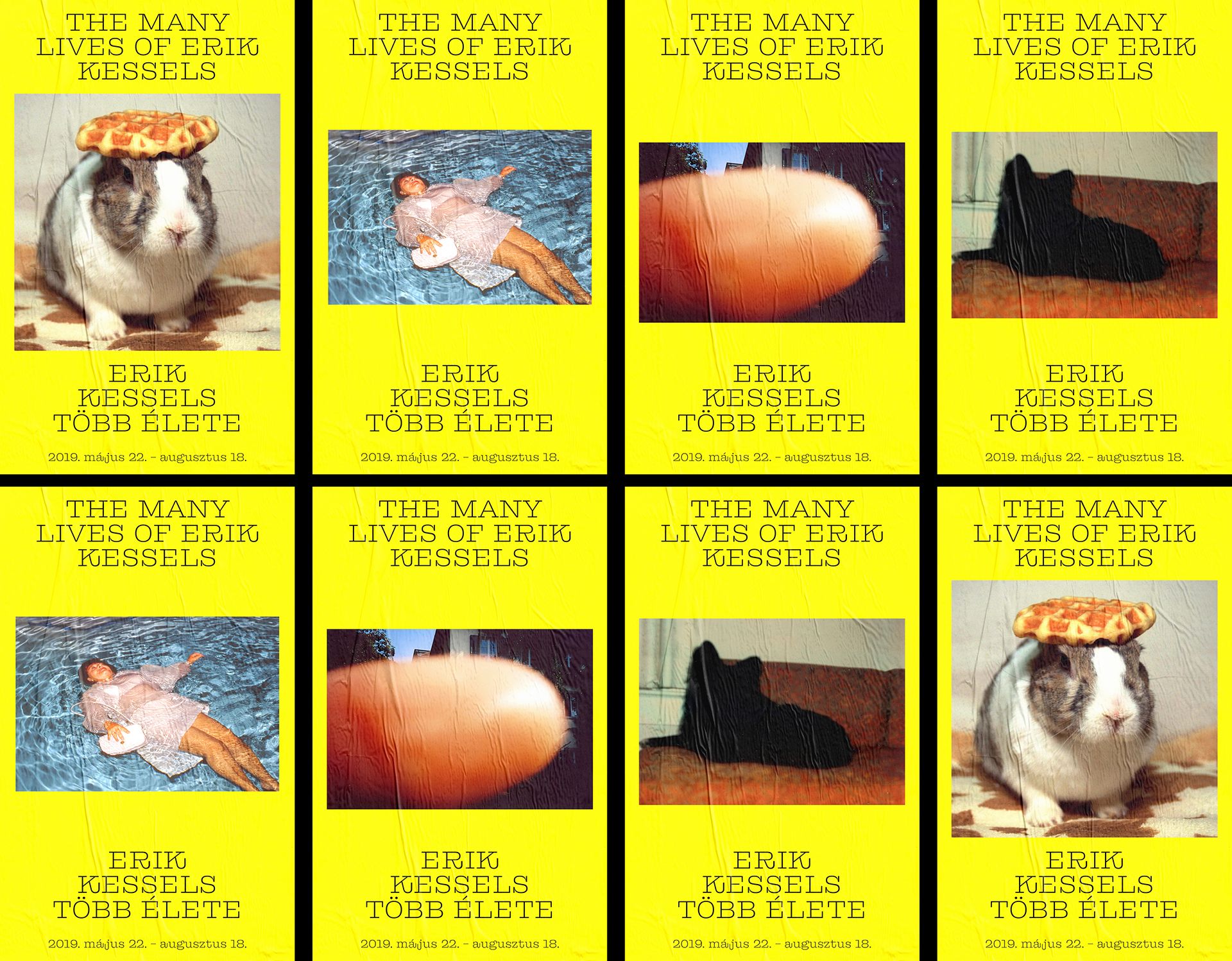
Photos: Kőhegyi Laci
DE_FORM | Web | Behance | Facebook | Instagram
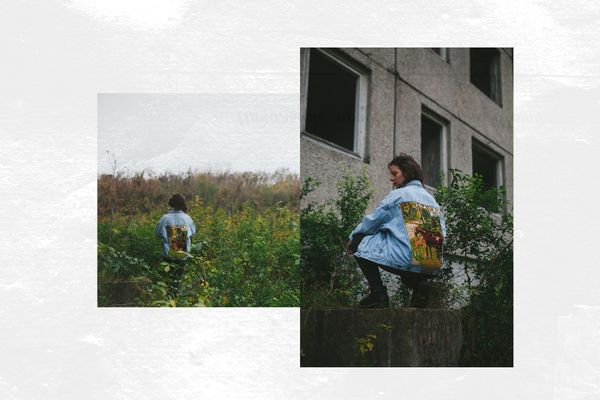
Past in the present | Farmer Gobelin collection out now by Earth’N’More
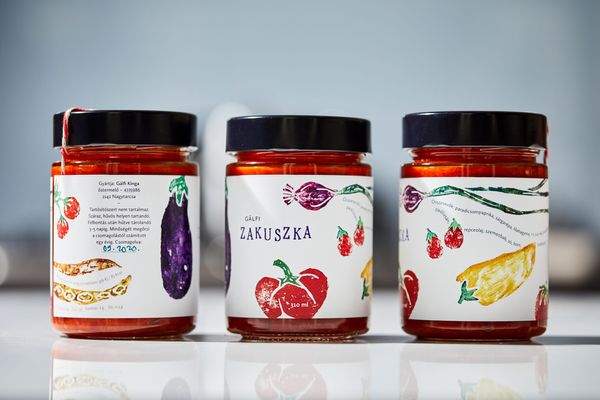
„It’s like a feast!” | Gálfi zakuszka
